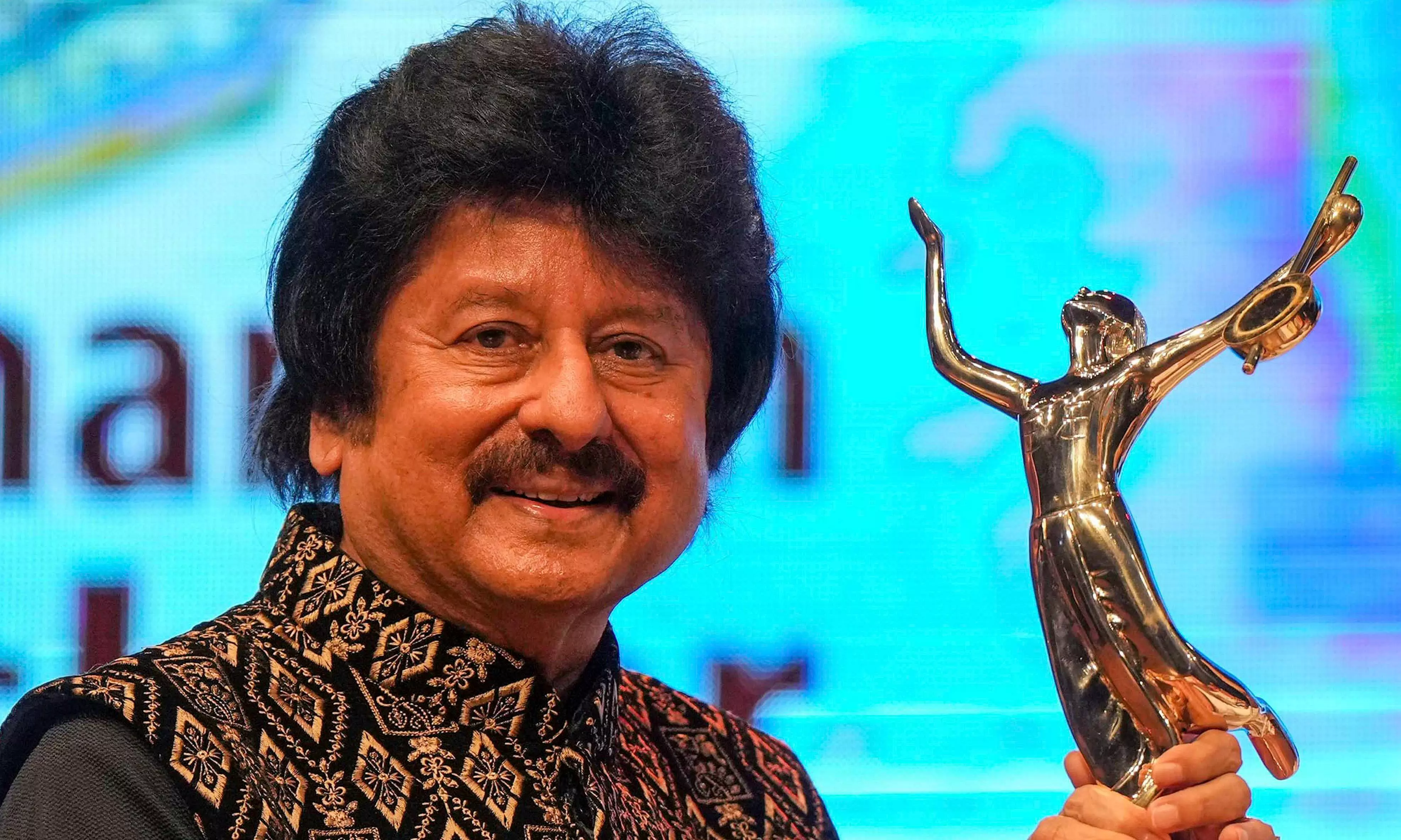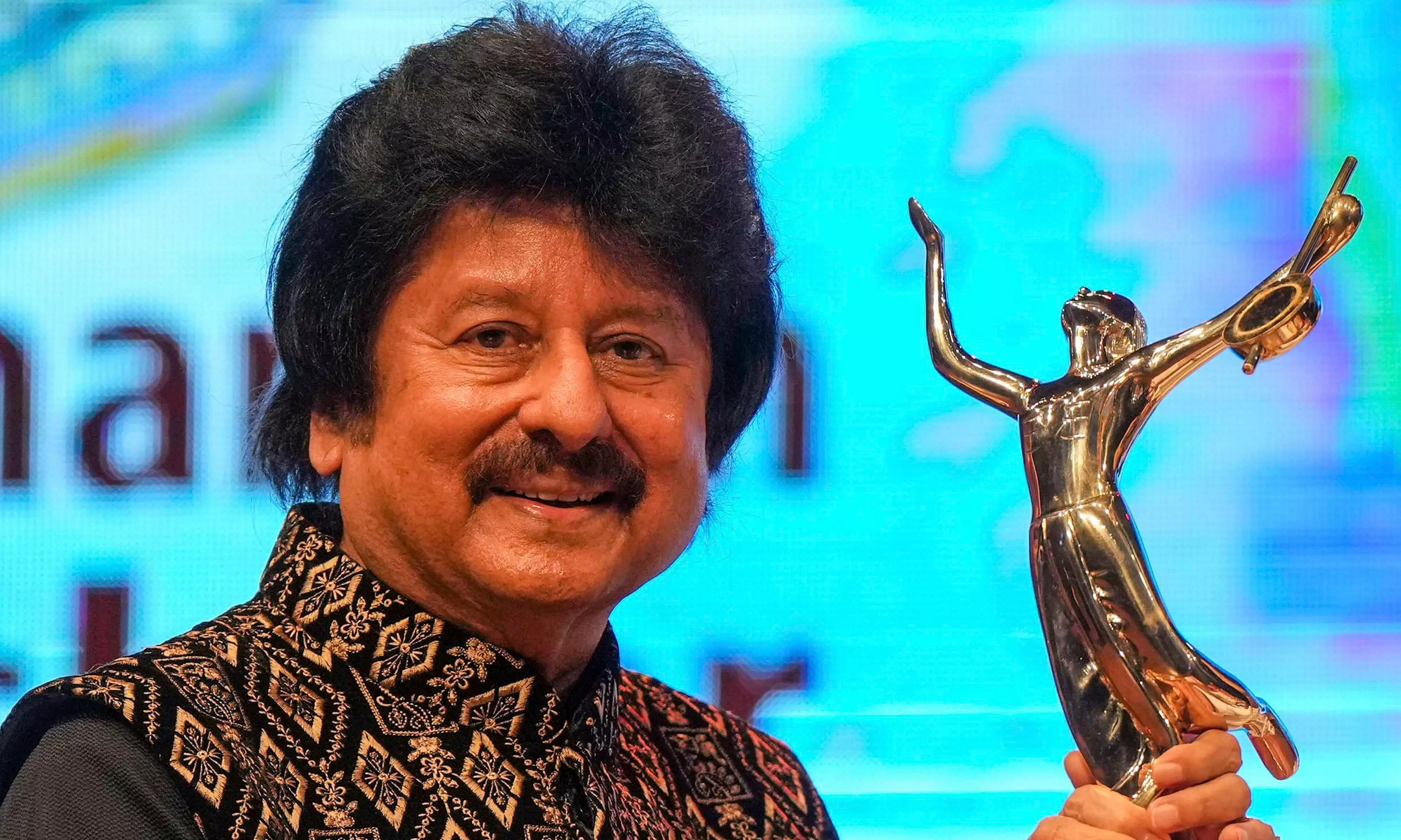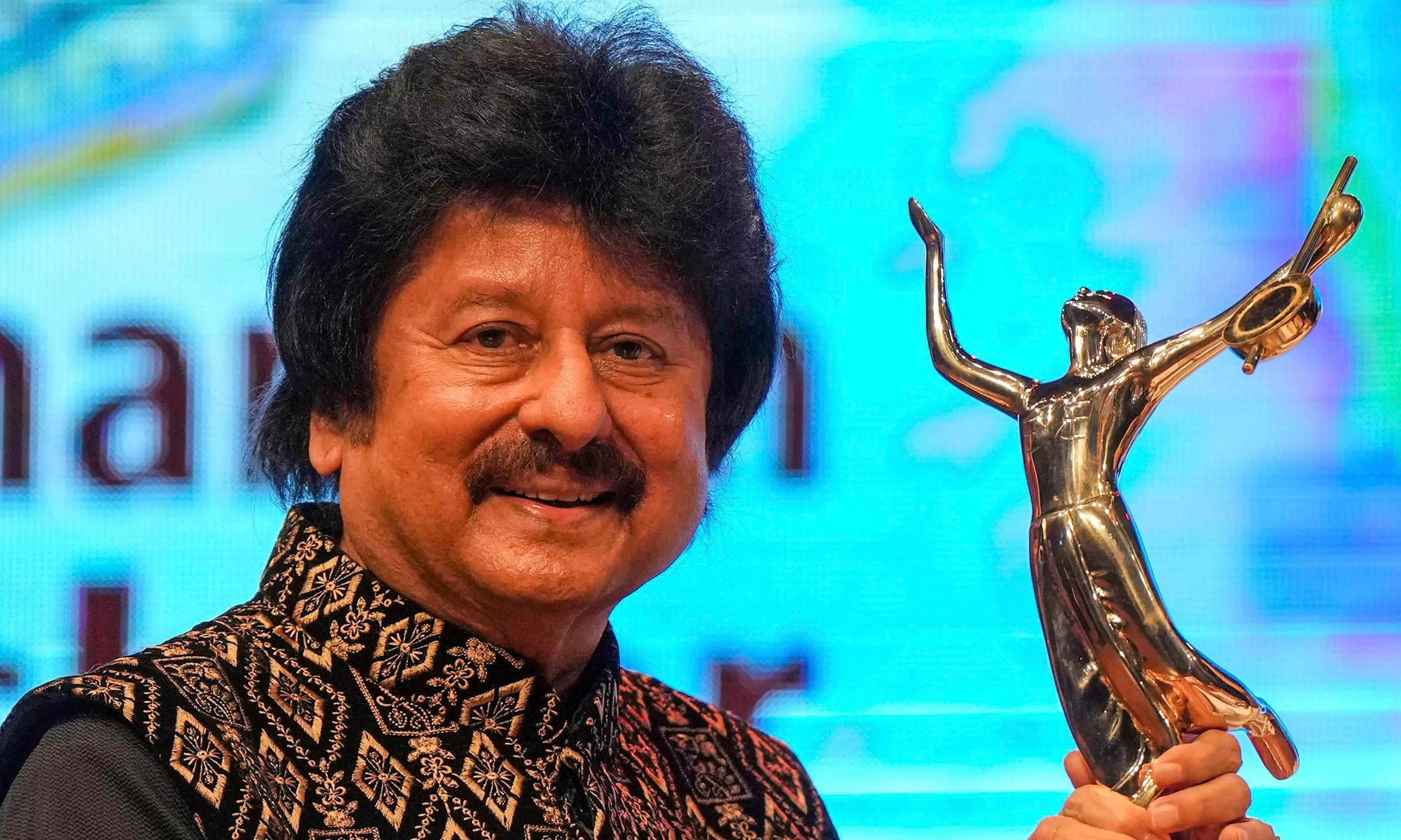DC Edit | Udhas took ghazals to masses
Pankaj Udhas, a renowned ghazal exponent known for blending a Sufi style of rendition with Indian classical music and then delivering it as pop that vividly expressed themes of life, love and longing, will sing no more. The soulful voice behind immortal numbers like ‘Chitthi Aaye Hai’, and ‘Ahista’ has fallen silent forever even as the songs, themselves, will resonate in our hearts and memories for a long time.
Udhas has left behind an illustrious repertoire in a career that stretched as smoothly as his voice over four decades. He was celebrated for his work, many of which became anthems of longing and nostalgia. ‘Chitthi Aaye Hai’ from the 1986 Bollywood film, Naam, in which he played himself, was selected as one of the 100 songs of the millennium by BBC Radio worldwide.
The singer made a name for himself with the song ‘Ahista’ from his 1998 solo album Stolen Moments, a song which was loosely based on the short story, ‘The Gift of Magi’ by O. Henry. It became a runaway hit as a video in the early days of satellite TV.
The musical journey of Udhas began in the late 1970s at a time when ghazals were perceived as an elite genre, confined only to private mehfils. Udhas played a crucial role in making ghazals accessible. His debut album, Aahat, in 1980, followed by a succession of hits like ‘Mahek’, ‘Hasrat’ and ‘Nasha’, redefined the genre, combining it with elements of pop and soft rock. Albums like Mukarar, Tarrannum and Mehfil during the early 1980s solidified his reputation. Often narratives of unrequited love and existential musings, his songs showcased his gift for storytelling.
A turning point of his career was the performance at the Royal Albert Hall in 1984, cementing his status as a maestro. He won the Padma Shri in 2006 for his role in popularising ghazals and contributing significantly to the Indian music industry.
His impact, however, transcends awards and achievements as his music, characterised by its emotional depth and lyrical beauty, has become the source of comfort and reflection for all.




